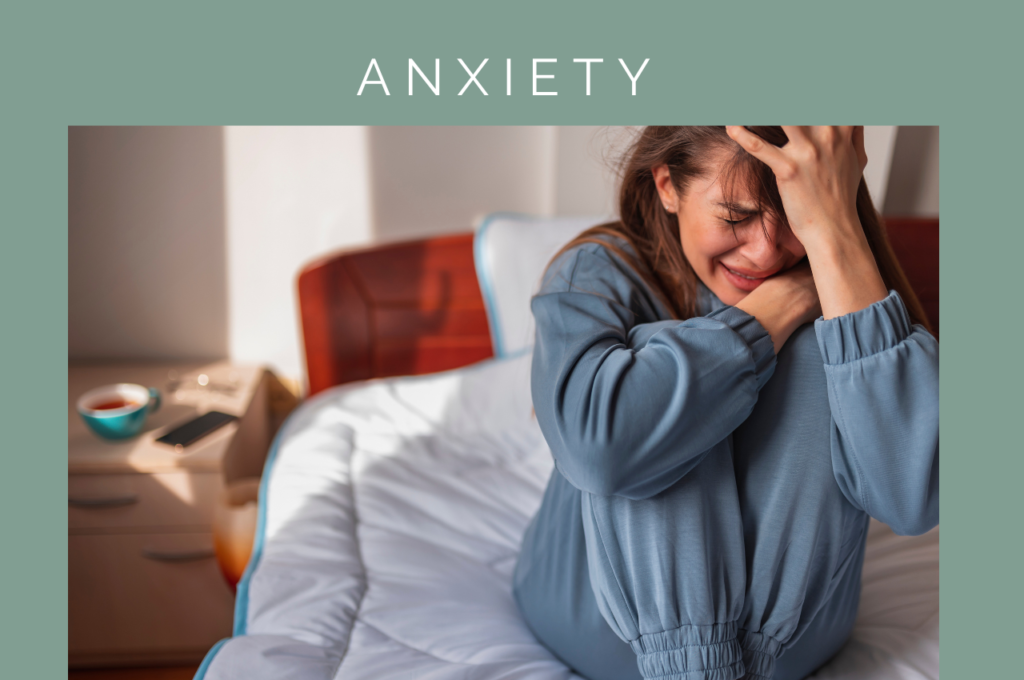Anxiety can be defined as a feeling of fear, dread, and uneasiness in relation to a future event perceived as a threat. Some examples of anxiety are health, performance and social. It is estimated that in the UK alone, over 8 million people are experiencing a form of anxiety disorder at any one time (Mental Health UK).
Anxiety and health
I chose anxiety and health for two main reasons; the first reason is that it is something I have experienced when I was diagnosed with chronic fatigue syndrome. Secondly, I have had a high percentage of clients recently bringing this challenge to therapy.
A little bit about my experience
I was so anxious about ‘overdoing it’ and potentially causing a relapse that I was afraid to do any exercise, hold down any kind of job and even partake in any social events. Leaving me with limited options between watching the TV, colouring, reading books, and socialising with only my immediate family that I lived with. Although the anxiety was crippling at times, I knew there was so much more to life, and I wanted so much more. I embarked on a journey with a therapist to overcome my anxiety and gain my life back.
Anxiety and current health conditions
The way in which we all experience health anxiety differs from person to person. Having either an acute or chronic health condition can seriously affect the way we relate to our body. Each condition brings its individual challenges and quite often change can cause uncertainty and often confusion. It is here that anxiety often begins, maybe subtly at first but with the nature of anxiety, it can escalate to disrupt our daily life. It is normal of course for the connection between our mind and body to start to break down. Our mind is trying to ‘fix’ what is happening for us in our body with no apparent solution. Often feelings of helplessness and hopelessness are experienced.
A common aspect of this work is around loss and grief, for example, grieving a loss as we can no longer do what we used to be able to do. This part of us needs to be acknowledged, understood, and healed. It can take time for us to accept but the quicker this can happen, the sooner we can rebuild the trust with our body.
My three main steps to overcome anxiety are:
- RECOGNITION – noticing what our triggers / patterns are.
- INTERRUPTION – breaking our repetitive thought cycle.
- RESET – calming down our nervous system.
To overcome anxiety, we unfortunately cannot think our way to safety, we have to embody a feeling of safety. Anxiety itself is multifaceted; meaning often that the journey to overcome it is also multifaceted. It is best, therefore, if the approach is versatile, accommodating, and individual so that a person receives tailored help. For example, if there is a limiting belief that they can’t overcome their anxiety, then this will need to be addressed first.
If you have any questions or are seeking help with anxiety, please feel free to get in touch.
Warm wishes,
Rachel


0 Comments